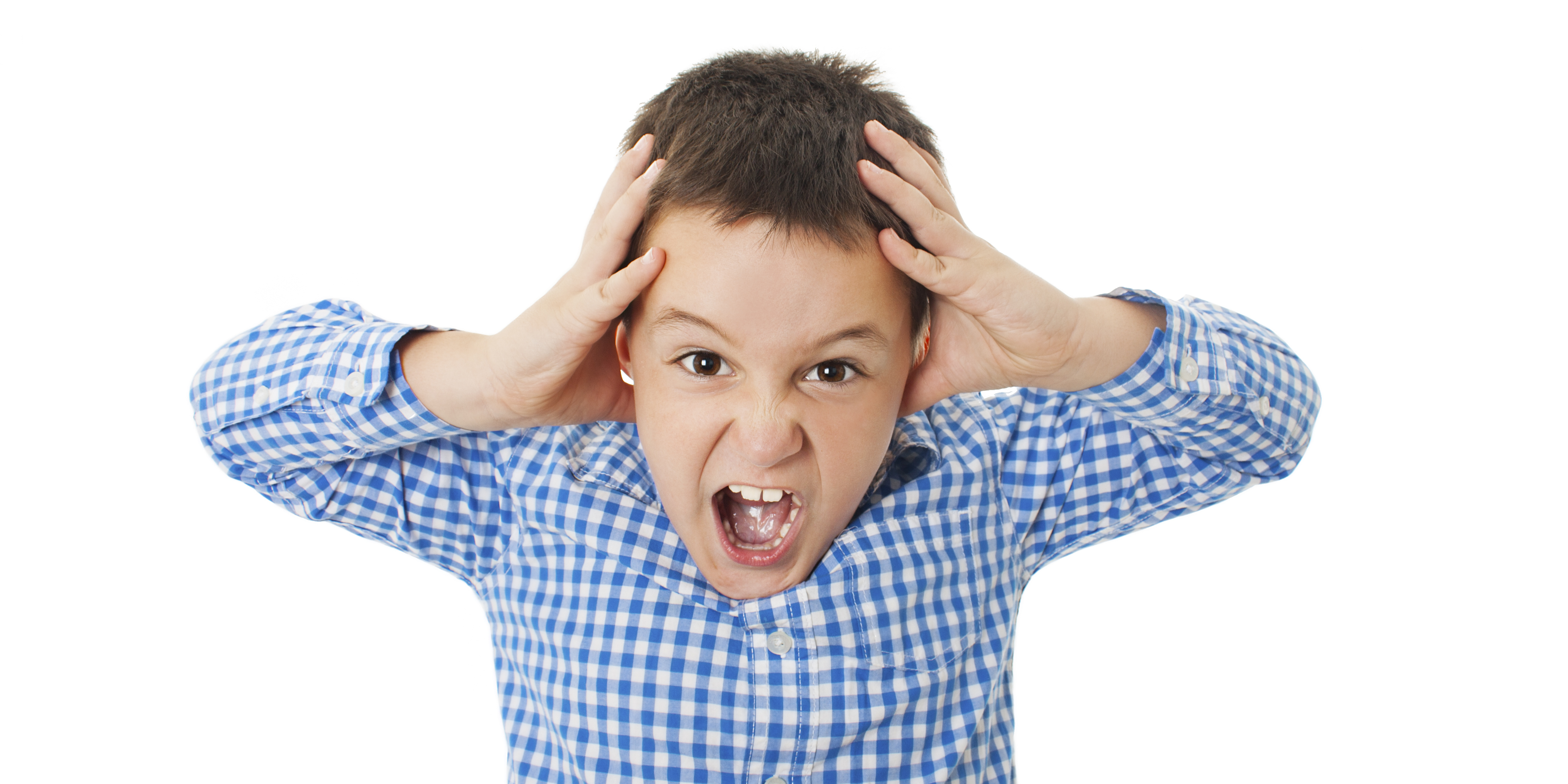Like clockwork, routines and schedules provide children with structure, stability and security. This is all disrupted when schools close for the year and children’s social interaction become limited or virtual. Kids become more dependent on their parents to meet all of their needs, while parents might not have as much to give, as they are feeling unsettled and trying to adjust.
To all the parents who are playing the part of educator, entertainer, coach, counselor and provider, while working remotely, you are in good (virtual) company. Parents everywhere are struggling to keep it all together, balance their own emotions of sad, mad, restless, fear, uncertainty and isolation and desperately missing normal life before COVID-19.
So, how do you protect your kid’s mental health and ensure your own sanity during COVID-19? How do you help yourself and your kids cope? Fortunately, there are steps you can take right now, during this difficult time.
- WATCH FOR SIGNS OF STRESS IN YOUR CHILD. Balancing your own stress is one thing, recognizing it in your child is another. Look for common reactions.
- INFANTS TO 2 YEAR OLDS – Infants may become more cranky. They may cry more than usual or want to be held and cuddled more.
- FOR 3 TO 6 YEAR OLDS – Preschool and kindergarten children may return to behaviors they have outgrown. For example, toileting accidents, bed-wetting, or being frightened about being separated from their parents/caregivers. They may also have tantrums or a hard time sleeping.
- FOR 7 TO 10 YEAR OLDS – Older children may feel sad, mad, or afraid that the event will happen again. Peers may share false information; however, parents or caregivers can correct the misinformation. Older children may focus on details of the event and want to talk about it all the time or not want to talk about it at all. They may have trouble concentrating.
- ·FOR PRETEEN AND TEENAGES – Some preteens and teenagers respond to trauma by acting out. This could include reckless driving, and alcohol or drug use. Others may become afraid to leave the home. They may cut back on how much time they spend with their friends. They can feel overwhelmed by their intense emotions and feel unable to talk about them. Their emotions may lead to increased arguing and even fighting with siblings, parents/caregivers or other adults.
- ·FOR SPECIAL NEEDS CHILDREN – Children who need continuous use of a breathing machine or are confined to a wheelchair or bed, may have stronger reactions to a threatened or actual disaster. They might have more intense distress, worry or anger than children without special needs because they have less control over day-to-day well-being than other people. The same is true for children with other physical, emotional, or intellectual limitations. Children with special needs may need extra words of reassurance, more explanations about the event, and more comfort and other positive physical contact such as hugs from loved ones.
When parents and caregivers are calm and confident, kids feed off of that. Tips in this list will help in addition to reassuring your child or teen that they are safe and sharing how you deal with your own stress so they can learn to cope with you.
Family & Children’s Services is now offering 24/7 telephone help – COVID COPES for EMOTIONAL SUPPORT if you are having a hard time coping and adapting during this pandemic. A trained mental health professional is ready to help guide you through healthy ways to recognize and alleviate anxiety and stress. Call 918.744.4800.
- TALK TO YOUR CHILDREN. Talk with your child or teen about COVID-19. Answer questions and share facts. But involving them in the process, giving them tools to help prevent the spread of the disease, is so important. It gives them some semblance of control and helps make them feel more secure.
- SET A ROUTINE. Create a schedule for yourself and your kids for each day. Experts all agree that setting and sticking to a regular schedule is so important, especially for kids. Consistency and structure calm during uncertainty – for adults and children.
- SHIFT YOUR MINDSET. Instead of “I’m stuck at home” know that you are SAFE at home and able to spend time with your family. Instead of “there is just too much uncertainty right now” know that while you can’t control the situation, you can control your actions. Breathing, calling loved ones, getting enough sleep and proper nutrition will help. Your kids will also pick up on this change and will feel less anxiety.
- GIVE YOURSELF A BREAK. It can be challenging to recognize stress signals. Pay attention to physical changes, emotional fluctuations and difficulty thinking clearly. When you care for yourself, you can better care for your child.
- STAY CONNECTED. By nature, we are social beings and can struggle with the lack of contact with others. How can you bring the world to your child? There are so many resources online and you can also set a schedule to call relatives. Remind yourself, and your child, that even though this feels like endless time, it will pass.
Not all children respond to events in the same ways. Some may have more severe, long-lasting reactions. Stay calm and reassure your children. Talk to them about what is happening in a way they can understand and keep it simple and age appropriate.
The common reactions to stress will fade over time for most children. If they continue to be upset or their reactions hurt their schoolwork or relationships, then parents may way to talk to a professional who specializes in children’s emotional needs. F&CS children’s services can provide remote help for your child or set up an in-person appointment for a later date.









